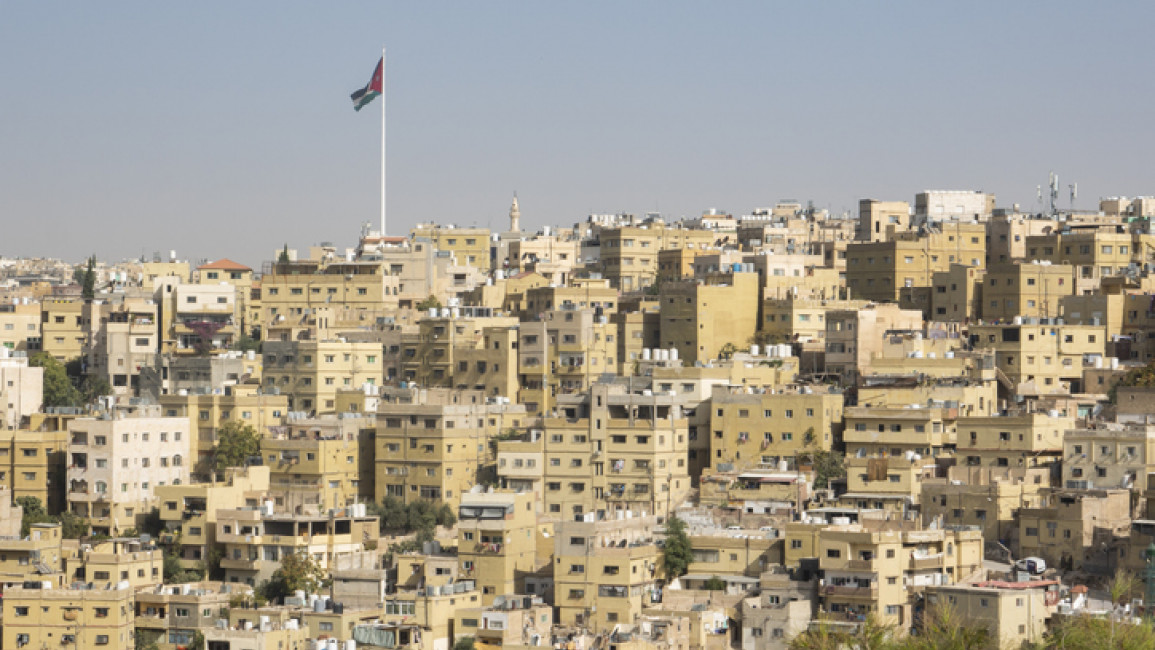Hundreds of Jordanians allowed to return home after settling a tribal dispute
Over 200 people returned to their homes in the governorate of Zarqa in northern Jordan, following the resolution of a clan dispute, the Governor of Zarqa, Hijazi Assaf announced on Tuesday.
The returnees had been forced to leave their homes for several years based on 'jalwa', a tribal custom whereby relatives of suspected criminals are banned from a particular area, usually where they live. Jalwa is usually applied in criminal cases such as rape or murder.
Those subjected to the ban are only allowed to return home after a settlement is reached between the involved families, usually involving financial compensation for the crime committed.
The practice, which is applied with the intention to prevent cycles of revenge between clans, has been described by human rights organisations as a form of "collective punishment". Jalwa can affect hundreds of people at once, reaching very distant relatives of the suspected criminal.
Although jalwa was removed from Jordanian law in 1976, it continues to be applied informally by tribal leaders and sometimes by local authorities. This has led entire extended families across Jordan to be uprooted for several years.
In July 2019, Human Rights Watch reported that over 200 people from one family had been expelled by local security services from the Madaba governorate, in the centre of the country, based on jalwa. While there are no comprehensive official figures, in September 2018 a Jordanian security official said there had been 36 jalwa cases in the country between 2010 and 2012.
Jordanian authorities have attempted to modernise the practice several times and to limit its application and scope. In 2019, the Jordanian ministry of interior unveiled plans to reform jalwa so that only the suspected murderer and his father would be deported, but the reform was not implemented.



